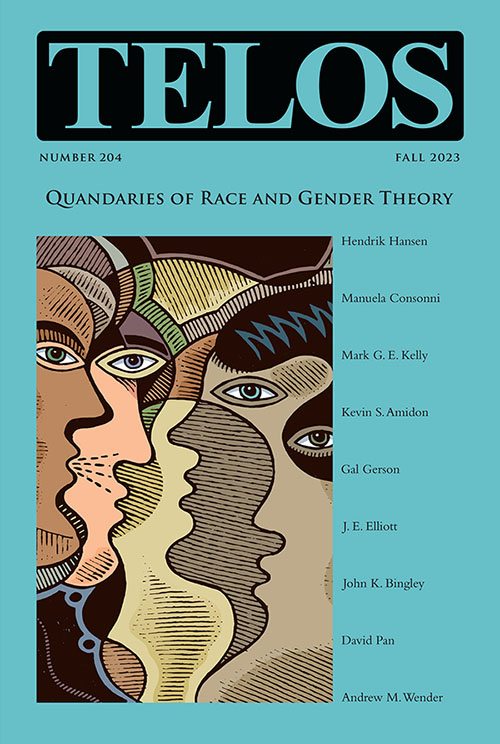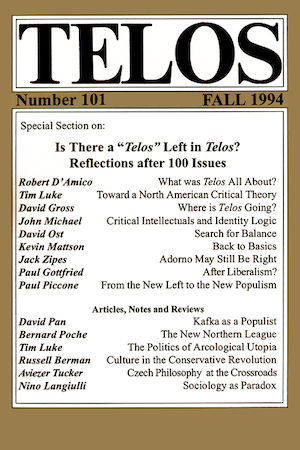Argentina was among the wealthiest economies at the beginning of the twentieth century, according to the “Argentine Paradox” case study by Harvard Professor Rafael di Tella and New Change FX Chief Operations Officer Ingrid Vogel. The authors claim that under the global gold standard, international capital flooded into the country to exploit the unbounded investment opportunities. The economy maintained an average annual inflation rate of just 1.5 percent for fifty years after 1890. Parallel to low inflation, from 1900 to 1930, Argentina’s economy grew at an average annual rate of 4 percent—faster than the United States, Australia, or Canada. However, over the turn of the new millennium, Argentina no longer featured among the group of richest nations but rather languished toward the bottom of the middle-income group. This demise came despite the country’s natural resources and fertile land, the large flows of ambitious immigrants, and the high level of education. The political development of Argentina during this period had gone through several phases. Among the dominant figures were President Juan Domingo Perón and his charismatic wife Evita. Their populist policies had fundamentally shaped Argentina’s political, economic, and social evolution. Among the most notorious and devastating is a trade and economic policy that advocates replacing imports with domestic production known as industrialization through the substitution of imports. In addition to closing the economy to foreign trade mainly by increasing tariffs and quotas (including export tariffs), a variety of private companies and natural resources were nationalized.
|
The PVV, the anti-Islam party of parliamentary veteran and avid Israel supporter Geert Wilders, overran the Dutch general election. Wilders’s mega victory, which the polls had not predicted, sent Dutch polite society into turmoil. Still, it has a certain logic, at least in retrospect. The last six weeks of the Dutch election season overlapped with the war between Israel and Hamas in Gaza and attendant Muslim and leftist protests in Europe and the Netherlands. The public focus on Islamist violence and Islamic culture war issues played into Wilders’s hands. Telos 204 (Fall 2023): Quandaries of Race and Gender Theory is now available for purchase in our store. Individual subscriptions to Telos are also available in both print and online formats.
In today’s episode of the Telos Press Podcast, David Pan talks with John Milbank about his article “A Tale of Two Monsters and Four Elements: Variations of Carl Schmitt and the Current Global Crisis,” from Telos 201 (Winter 2022). An excerpt of the article appears here. In their conversation they discuss the three idioms into which Milbank divides Carl Schmitt’s thought; why they should be seen as separate idioms rather than different aspects of a single perspective; the extent of overlap between the idioms; whether the decisionist Schmitt is as arbitrary as he is made out to be; the characteristics of a medieval European conception of nomos that Schmitt wishes to retrieve; the similarities between Schmitt’s third idiom of global regions and both Nazism and Russian theorists like Gumilev, Panarin, and Dugin; Schmitt’s decisionism, basic values, identity, and thinking through popular sovereignty. If your university has an online subscription to Telos, you can read the full article at the Telos Online website. For non-subscribers, learn how your university can begin a subscription to Telos at our library recommendation page. Print copies of Telos 201 are available for purchase in our online store.
Piccone’s critique of his critics, “From the New Left to the New Populism,” was intended not to lay claim to any settled doctrine for Telos but to demonstrate the journal’s ability to constantly rethink its position among current debates along the entire ideological spectrum. While the bellum omnium contra omnes Piccone refers to in his article specifically refers to Telos‘s own family, I think it is more than fair to say it was applied to any and all who asserted a suspicious and artificial ground for emancipation. Toward this end, Piccone begins by providing his own critique of the Western Marxist tradition out of which Telos arose. This in itself, in its pure compactness, is a tour de force of intellectual history and should be read by all those who seek an origin story, or who simply need to have their revision revised. Populism has now arrived in China. As opposed to the 1989 protests driven by students as well as an intra-government political struggle, the current unrest, while including students, has been driven much more clearly by a broader mass of people who have grown frustrated with the bureaucratic overreach of the zero COVID policy. With the largest and most comprehensive system of bureaucratically organized surveillance, management, and domination of the populace in the world, China has certainly been ripe for such populist revolt. While the original theory of the new class was developed by Milovan Djilas in order to explain state socialism in the Soviet Union, the populist reaction to the new class has up to now been associated mainly with liberal democracies whose state bureaucracies are still relatively undeveloped when compared to the Chinese version. The Chinese state receded somewhat during the reform and opening up period, but the rule of Xi Jinping, the growth of the surveillance state, and especially the zero COVID policy have led to new extremes in the level of new class management of the population. Moreover, the lockdowns and their economic effects have highlighted the divide between the new class and the broader populace. As one protester shouted to the police, the police are state functionaries with stable incomes while most of the people are dependent on the flourishing of a market economy that has been throttled by the COVID lockdowns. |
||||
|
Telos Press Publishing · PO Box 811 · Candor, NY 13743 · Phone: 212-228-6479 Privacy Policy · Data Protection Copyright © 2024 Telos Press Publishing · All Rights Reserved |
||||









